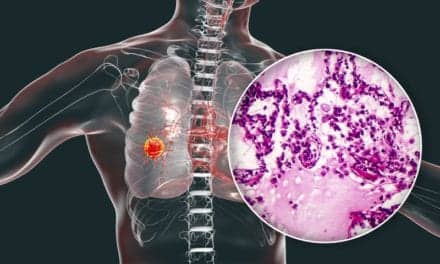Numerous headlines in recent weeks have spawned headlines offering hope that artificial intelligence systems could be trained to accurately detect signs of COVID-19 in medical images—an aid to physicians during the global pandemic. But, according to STAT, “the initial burst of optimism has given way to an intensifying debate over the plausibility of building AI systems during an unprecedented public health emergency.”
On one side are AI developers and researchers who argue that training and testing methods can, and should, be modified to fit the contours of the crisis; on the other are skeptics who point to flaws in study designs and the limited number of lung scans available from coronavirus patients to train AI algorithms. They also argue that imaging should be used sparingly during the pandemic because of the risk of spreading the infection through contaminated equipment. For those and other reasons, many radiological societies have recommended against using such scans, whether supported by AI or not, for Covid-19 screening.
As AI makes increasing inroads into health care — it’s already being used by radiologists, for example, to help detect strokes and flag potentially cancerous lesions — the coronavirus outbreak is providing the first opportunity for developers to test the feasibility of creating reliable algorithms on the fly. But it’s not at all clear that a process that typically takes many months or years can be sped up to help the first wave of patients.
Read more from STAT.






